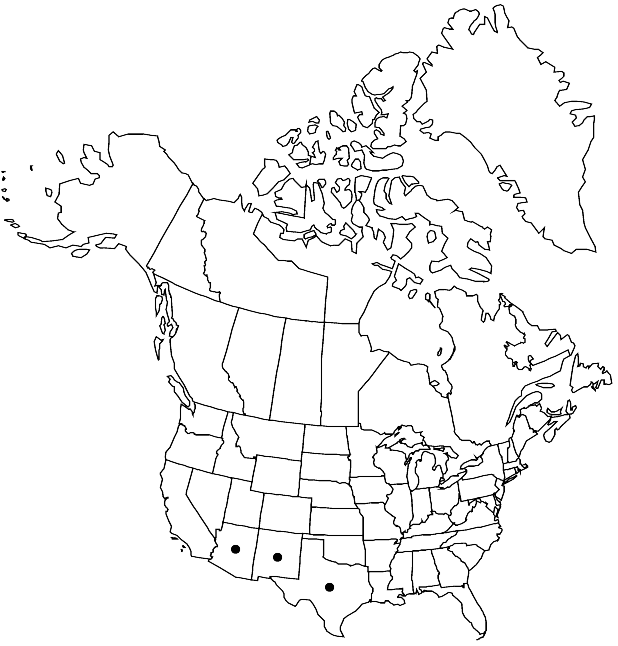Difference between revisions of "Halimolobos diffusa"
in H. G. A. Engler, Pflanzenr. 86[IV,105]: 228. 1924.
imported>Volume Importer |
imported>Volume Importer |
||
| Line 1: | Line 1: | ||
{{Treatment/ID | {{Treatment/ID | ||
|accepted_name=Halimolobos diffusa | |accepted_name=Halimolobos diffusa | ||
| − | |accepted_authority=(A. Gray) O. E. Schulz | + | |accepted_authority=(A. Gray) O. E. Schulz |
|publications={{Treatment/Publication | |publications={{Treatment/Publication | ||
|title=in H. G. A. Engler, Pflanzenr. | |title=in H. G. A. Engler, Pflanzenr. | ||
| Line 45: | Line 45: | ||
-->{{#Taxon: | -->{{#Taxon: | ||
name=Halimolobos diffusa | name=Halimolobos diffusa | ||
| − | |authority=(A. Gray) O. E. Schulz | + | |authority=(A. Gray) O. E. Schulz |
|rank=species | |rank=species | ||
|parent rank=genus | |parent rank=genus | ||
| Line 59: | Line 59: | ||
|publication year=1924 | |publication year=1924 | ||
|special status= | |special status= | ||
| − | |source xml=https:// | + | |source xml=https://bitbucket.org/aafc-mbb/fna-data-curation/src/2e0870ddd59836b60bcf96646a41e87ea5a5943a/coarse_grained_fna_xml/V7/V7_895.xml |
|tribe=Brassicaceae tribe Halimolobeae | |tribe=Brassicaceae tribe Halimolobeae | ||
|genus=Halimolobos | |genus=Halimolobos | ||
Latest revision as of 22:36, 5 November 2020
Perennials. Stems erect to ascending, often paniculately branched distally, (1.2–)3–7.5(–12) dm, trichomes sessile or subsessile. Basal leaves absent on older plants. Cauline leaves petiolate or (distal) sessile; petiole 0.5–1 cm; blade oblanceolate, lanceolate to oblong, or elliptic, (1–)2–5.5(–7) cm × (4–)7–20(–30) mm (smaller distally), base cuneate, margins sinuately lobed or dentate, surfaces with minutely stalked to subsessile trichomes. Racemes slightly to considerably elongated in fruit. Fruiting pedicels usually divaricate, rarely slightly descending, (2–)3–6(–9) mm. Flowers: sepals slightly spreading, 1.2–2 × 0.4–0.7 mm; petals (slightly spreading), spatulate, (slender), 1.8–2.5 × 0.7–1 mm, claw distinctly differentiated from blade, 0.5–1 mm; filaments spreading, 2.2–3 mm, longer than petals; anthers 0.3–0.5 mm. Fruits divaricate or slightly descending, straight, subtorulose, linear, terete, 0.6–1.4(–1.7) cm × 0.5–0.8 mm; ovules 16–24 per ovary; style 0.7–1(–1.5) mm. Seeds uniseriate, 0.8–1 × 0.4–0.6 mm.
Phenology: Flowering mid Jul-mid Nov.
Habitat: Shaded talus, ravines, granite outcrops, rock crevices, bluffs, steep canyons, limestone slopes, oak-juniper communities, igneous slopes
Elevation: 1100-2300 m
Distribution

Ariz., N.Mex., Tex., Mexico (Chihuahua, Coahuila).
Discussion
Selected References
None.